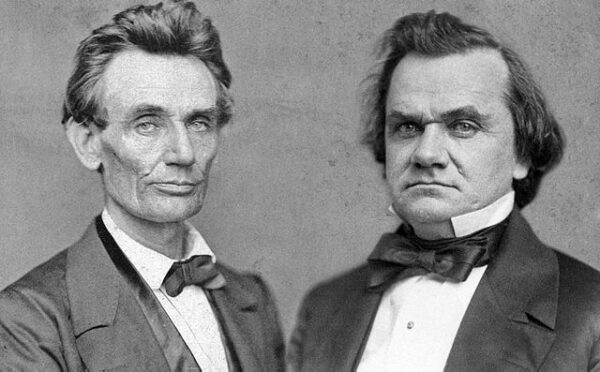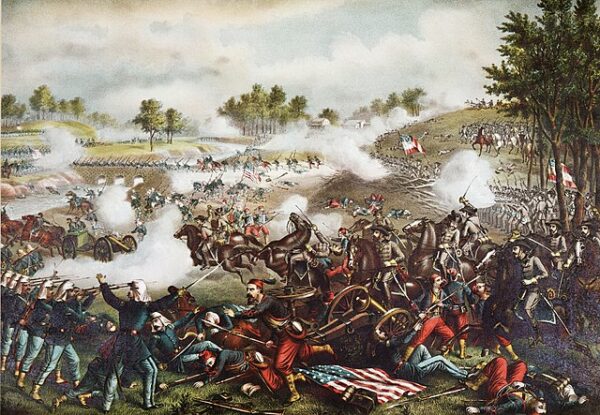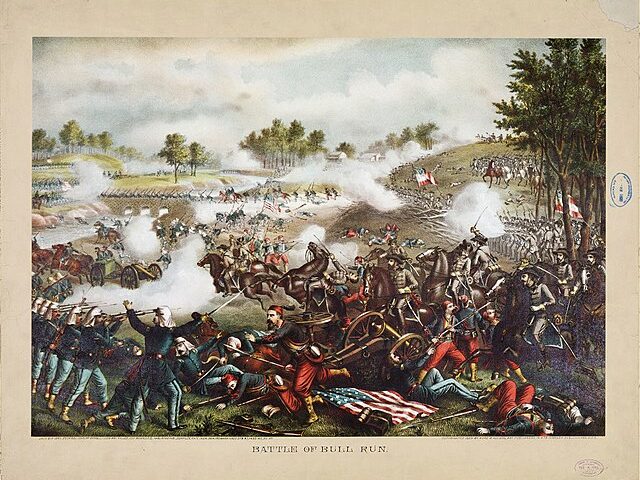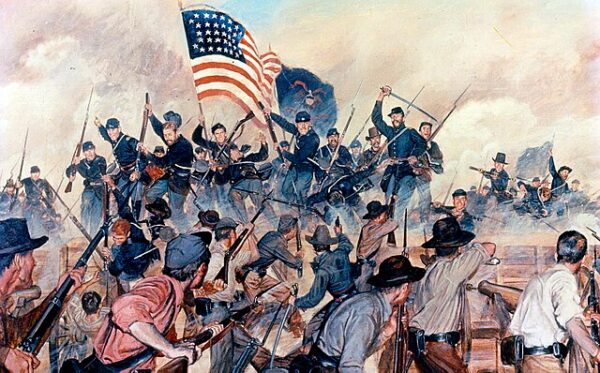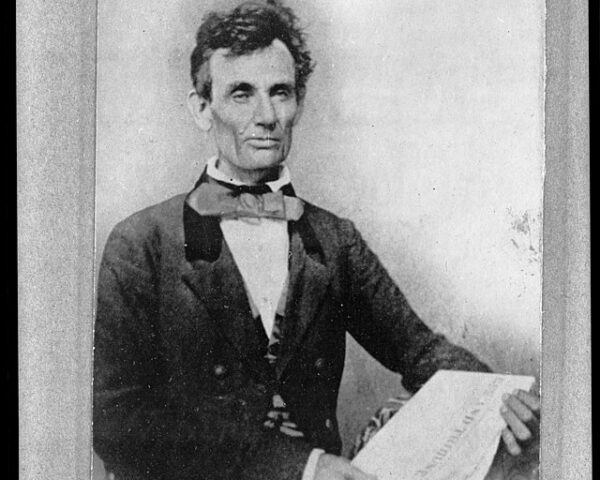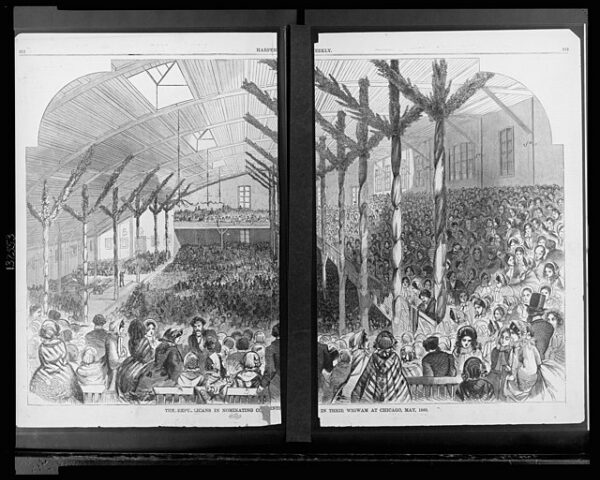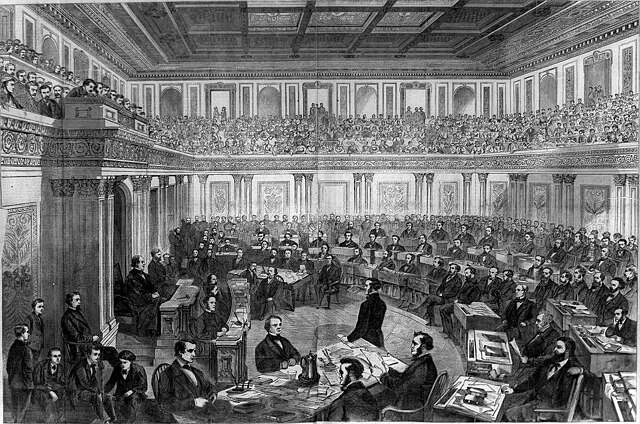On August 21, 1858, in Ottawa, Illinois, two leading figures in American democracy launched a series of debates over a Senate seat, debating what it means to be free, democracy, and the purpose of the United States. The National Parks Service states that the first debate…
Read MoreHopes for peace were dashed on July 21, 1861. The First Battle of Bull Run shattered the naive expectations of a quick and bloodless Civil War. The battle underscored the harsh reality that the war would be neither swift nor easy, setting the stage…
Read MoreOn July 16, 1861, at the direction of President Abraham Lincoln, thousands of Union soldiers crossed the Potomac River and began a grueling 25-mile march toward Manassas Junction, Virginia. The operation, undertaken with the hopes of swiftly crushing the Confederate rebellion, would culminate just…
Read MoreThe New York Draft Riots of 1863 were among the most violent and destructive events in the history of New York City. They occurred from July 13 to July 16, 1863, during a time of immense social, economic, and political turmoil in the United…
Read MoreOn July 12, 1862, during the heart of the Civil War, Congress authorized the Medal of Honor for the United States Army a few months following its initial creation for outstanding acts of bravery and heroism among sailors in the Navy by President Lincoln.…
Read MoreOn July 4, 1863, while the Union celebrated Independence Day, General Ulysses S. Grant accepted the surrender of Confederate Lieutenant General John C. Pemberton at Vicksburg, Mississippi—concluding a grueling 47-day siege and securing one of the most decisive victories of the American Civil War.…
Read MoreIn the fading light of the evening on June 16, 1858, Abraham Lincoln stepped before the Illinois Republican Convention in Springfield and delivered a speech that startled even his allies with its moral clarity and stark prognosis. Accepting his party’s nomination for the United…
Read MoreThe dedication of the Lincoln Memorial on May 30, 1922, marked the commemoration of one of the nation’s most revered presidents, Abraham Lincoln. Located on the western end of the National Mall in Washington, D.C., the massive marble monument stands as a tribute to…
Read MoreThe Republican National Convention of 1860, held from May 16 to May 18 in the bustling city of Chicago, changed the course of American history and led the nation down the road to the Civil War. This convention, taking place in the specially constructed…
Read MoreThe impeachment trial of President Andrew Johnson, the first such trial in American history, was a highly contentious and politically charged event that culminated in his acquittal on May 16, 1868. Johnson, who ascended to the presidency following the assassination of Abraham Lincoln, quickly found himself…
Read More

